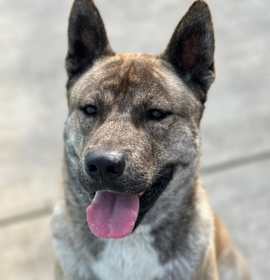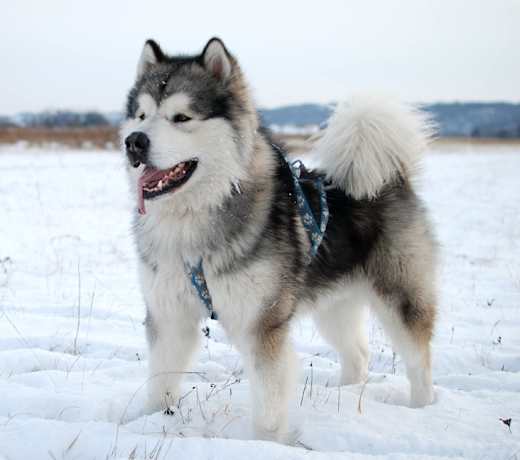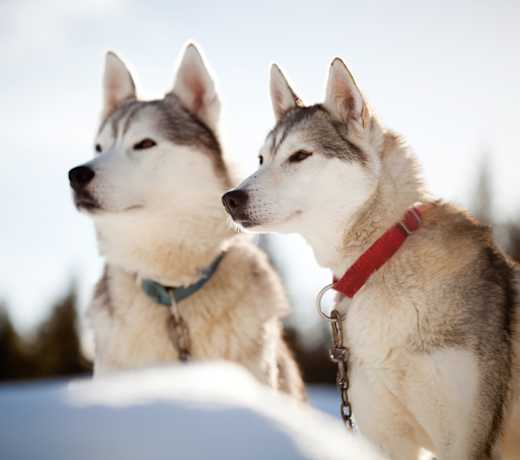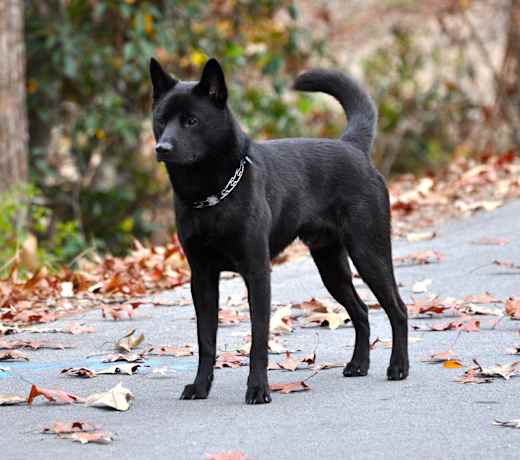Adopting an Akita from a reputable breeder costs between $800 and $2,000 or more. Show-quality or champion bloodline Akitas may cost up to quadruple this price. You can also consider adopting an Akita from an animal shelter, where fees will be between $75 and $400.
Adopt An Akita
27 available Akitas near you

Hatchi
Akita Siberian Husky
Male, 2 yrs 8 mos
Los Angeles, CA
Good with dogs
Not good with cats
Needs special attention
Needs experienced adopter
House-trained
Spayed or Neutered
Shots are up-to-date

Atlas CP
Akita Husky
Male, 5 yrs 1 mo
Beverly Hills, CA

BIGGIE
Akita
Male, 1 yr 1 mo
Los Angeles, CA

THOMAS
Akita
Male, 12 yrs 1 mo
Van Nuys, CA

POPPY
Akita
Female, 8 yrs
Van Nuys, CA

HONEY
Akita
Female, 1 yr 6 mos
Van Nuys, CA

WOLFIE
Akita German Shepherd Dog
Male, 1 yr
Van Nuys, CA

Annie
Akita American Staffordshire Terrier
Female, 10 mos
Marina del Rey, CA
Good with dogs
Not good with cats
House-trained
Spayed or Neutered
Shots are up-to-date

*TONGA
Akita
Male, 2 yrs 2 mos
Burbank, CA

ECHELON
Akita
Male, 8 yrs 4 mos
Burbank, CA

Hatchi
Akita
Male, 4 yrs 5 mos
Los Angeles, CA
Good with dogs
Not good with cats
House-trained
Spayed or Neutered
Shots are up-to-date

Willow
Akita Shepherd (Unknown Type)
Female, 3 mos
Los Angeles, CA
Good with dogs
Good with cats
Shots are up-to-date
Search for Akita puppies and dogs
Find adoptable Akita by Beverly Hills, CA
Animal shelters near Beverly Hills, CA
Adopting a Akita
Frequently asked questions about acquiring an Akita - the pros and cons of adopting versus going through a breeder, and associated costs.
You can adopt an Akita through a rescue that specializes in Akitas. A great place to start would be starting a breed search on Adopt A Pet, which will show you all the available Akitas in your area. National organizations such as the National Akita Rescue and the Akita Club of America Rescue could be good places to start.



